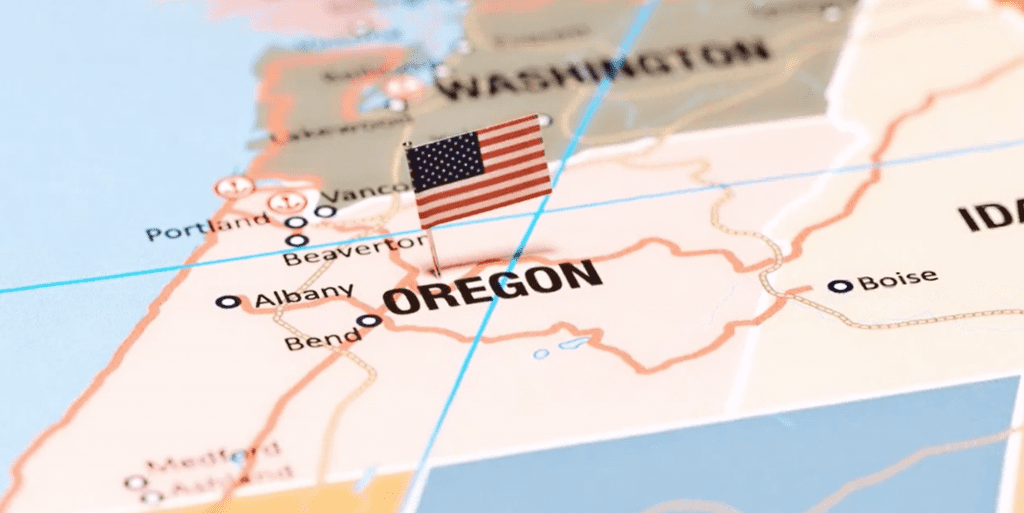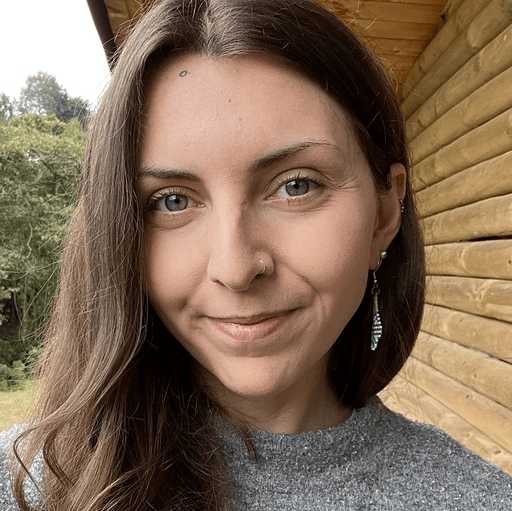Legal Psilocybin in Oregon: How to Prepare and the Path Ahead

In November 2020, voters in Oregon approved Measure 109, a ballot initiative that proposed to legalize psilocybin use in the state. This came as a landmark moment for advocates for the lawful use of psychedelic plants and fungi; while several other states have voted for decriminalization, this is the first ballot that promises widely available, legal access to psilocybin.
Measure 109 will come into action in January 2023 and will enable residents of Oregon to take psilocybin mushrooms under supervision in licensed facilitation centers. The state will authorize four types of licenses: laboratory testing; product manufacturing; psilocybin service center; and psilocybin facilitator.
In order to work within the program, facilitators will have to complete a 120-hour training, and organizations that deliver that training must follow the set criteria and curriculum issued by the Oregon Health Authority.
However, designing the US’ first program for legal access to psilocybin has not been without complexities – recent debates have explored advocates’ and communities’ fears around the inclusion of religious and spiritual use and access for underprivileged groups.
In this article, we’ll explore how the program will work, what it will take to prepare for 2023, and hopes and fears for the future of legal psilocybin in Oregon and beyond.
How Does Oregon’s Psilocybin Program Work?
Oregon’s legal psilocybin program, poised to come into effect on January 2, 2023, will permit adult use of psilocybin mushrooms under the supervision of licensed facilitators.
Anyone will be able to seek out a psilocybin session for any purpose – whether spiritual, therapeutic, or recreational – and will go through a screening and preparation process with a facilitator before undergoing the session at a licensed facility.
The mushrooms legally available are limited to Psilocybe cubensis and, at present, there are no rules around dosage limitations. However, “the consumption of psilocybin is going to be constrained by the session itself,” said André Ourso, MPH, JD, Administrator for the Center for Health Protection, Oregon, in a live panel that took place during the 2022 Plant Spirit Summit.
The only way to legally produce and deliver psilocybin will be at a licensed center, and any sales or production of psilocybin outside of the constraints set forth by Measure 109 will be considered a criminal offense.
In recent months, many advocates and members of the public have spoken out against the exclusion of non-profit communities, including indigenous, religious, and spiritual groups, in the program. They argue that there should be tailored rules that cater to communities that have traditionally used psilocybin mushrooms in a sacred context.
Jon Dennis, lawyer, activist, and co-host of the “Eyes on Oregon” podcast by Psychedelics Today, is the chief architect of a proposal for protecting religious and spiritual communities that operate under Oregon’s psilocybin program.
The proposal, however, was recently rejected by the Oregon Psilocybin Advisory Board, despite over 500 Oregonians having signed a petition by the Entheogenic Practitioner’s Council, championing its adoption, and widespread community support throughout the state.
Who Can Provide Psilocybin Services in Oregon?
Facilitators in Oregon’s psilocybin program must have a high school degree and obtain a Psilocybin Facilitator License by completing a training program whose curriculum is legislated under the Oregon Health Authority. No academic qualifications in the mental health field are required. A facilitator must also be an Oregon resident as a requirement until January 2025.
A draft of the training program curriculum requirements has already been released. The training should last at least 120 hours, with one-quarter of those hours spent in an in-person teaching environment. This practicum will provide an opportunity for students to gain experience observing and facilitating non-ordinary states of consciousness.
The draft rules include modules on the use of psychedelic plants and fungi in indigenous cultures, the impact of systemic racism on individuals and communities, and providing trauma-informed care, among many other topics that surround ethical and responsible facilitation.
Alma Institute is one example of an organization currently working to create a training program for facilitators under Measure 109. The institute’s focus will be directed at training facilitators of color and those from underprivileged backgrounds.
The Oregon Health Authority is receiving applications for training program curriculum approval as of June 6th, 2022. Applications cost $500 to submit and, if approved, will be licensed for 5 years, according to Ourso.
Pilar Hernández-Wolfe, Ph.D., LPC, LMFT, and co-creator of Earth Medicine Center, an organization that will also be applying to provide facilitator training under Measure 109, said “you have to show that you’re qualified to do what you’re going to do. It’s about showing that you have experience and knowledge in working with non-ordinary states of consciousness.”
According to Hernández-Wolfe, this experience with non-ordinary states of consciousness might include the MAPS MDMA therapy training or expertise in facilitating breathwork or dreamwork.
Fears and Hopes for Oregon’s Psilocybin Program
Oregon is in a unique position to pave a path forward for what legal, non-medicalized psychedelic use could look like in the US. But with multiple stakeholders, interests, and perspectives, this path is not without obstacles.
John Dennis fears that the exclusion of spiritual and religious community use of psilocybin will result in a system where access is reserved only for those with the most resources.
According to Dennis, Oregon’s system should be seen as the grassroots alternative to a medical system for legalizing psychedelics. He stands for a horizontal community model, where communities have the flexibility to work with psilocybin in ways that are culturally sensitive.
“If the Oregon program looks like a medicalized system, then there’s really only one paradigm of access that’s available anywhere,” he said. Dennis argues that now is the easiest time to make changes to existing paradigms and that grassroots activists should be given a seat at the table.
The fight to decolonize programs for legal access to psychedelics was also echoed by Hernández-Wolfe, who argues that those who hold privilege in society must be held accountable for engaging in reciprocity and creating spaces for co-existence between all groups.
Looking ahead, Anthony Johnson, chief petitioner for Oregon’s Measure 110, sees paths for expansion and adaptation to the model set by Measure 109. “As time shows that people benefit from this therapy, we’ll start to see legislation that expands the program to allow more products and licenses and bring down the cost,” said Johnson. He identifies one of the main pitfalls of the current model as the cost of accessing psilocybin – which will need to cover setting up facilities and paying for licenses.
“We’re going to have a push-pull over time of advocates wanting to expand the program, while regulators want to follow the law and be a little bit more conservative,” he added.
Oregon’s Measure 109 is proving to the psychedelic community and regulators alike that authorizing the legal use of psychedelic plants and fungi comes with a diverse set of challenges. While legislators seem to favor limitations and restrictions around use, activists argue that being too conservative only serves to keep certain groups out of the system.
Given the history of colonization of cultures that have historically used entheogenic plants and fungi, now is the time to ensure that these groups are not only taken into account within regulatory models but, also, that they’re part of the conversation around building them.
Catch the entire live panel ‘Psilocybin For the Masses – Lessons From Oregon’, along with over 90 hours of sessions, interviews, and documentaries with Western and indigenous experts, by purchasing the All-Access Pass to this year’s Plant Spirit Summit.

